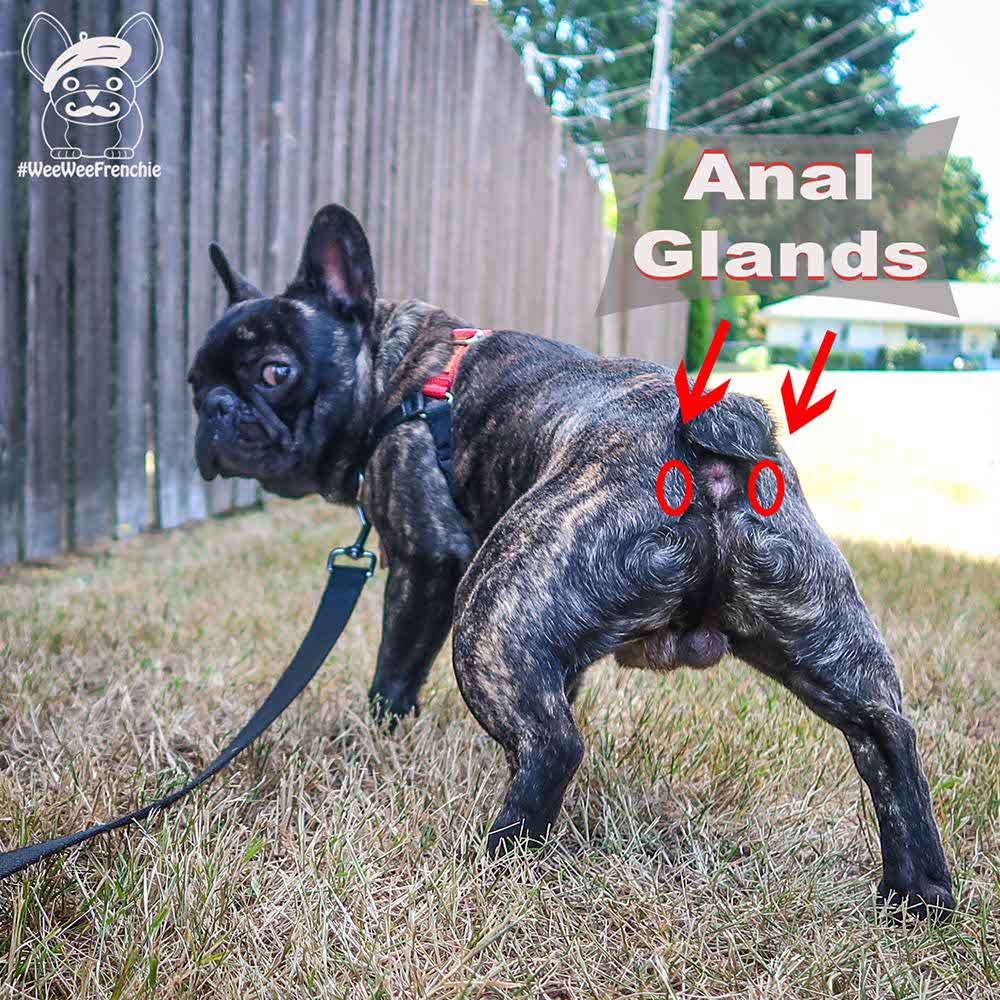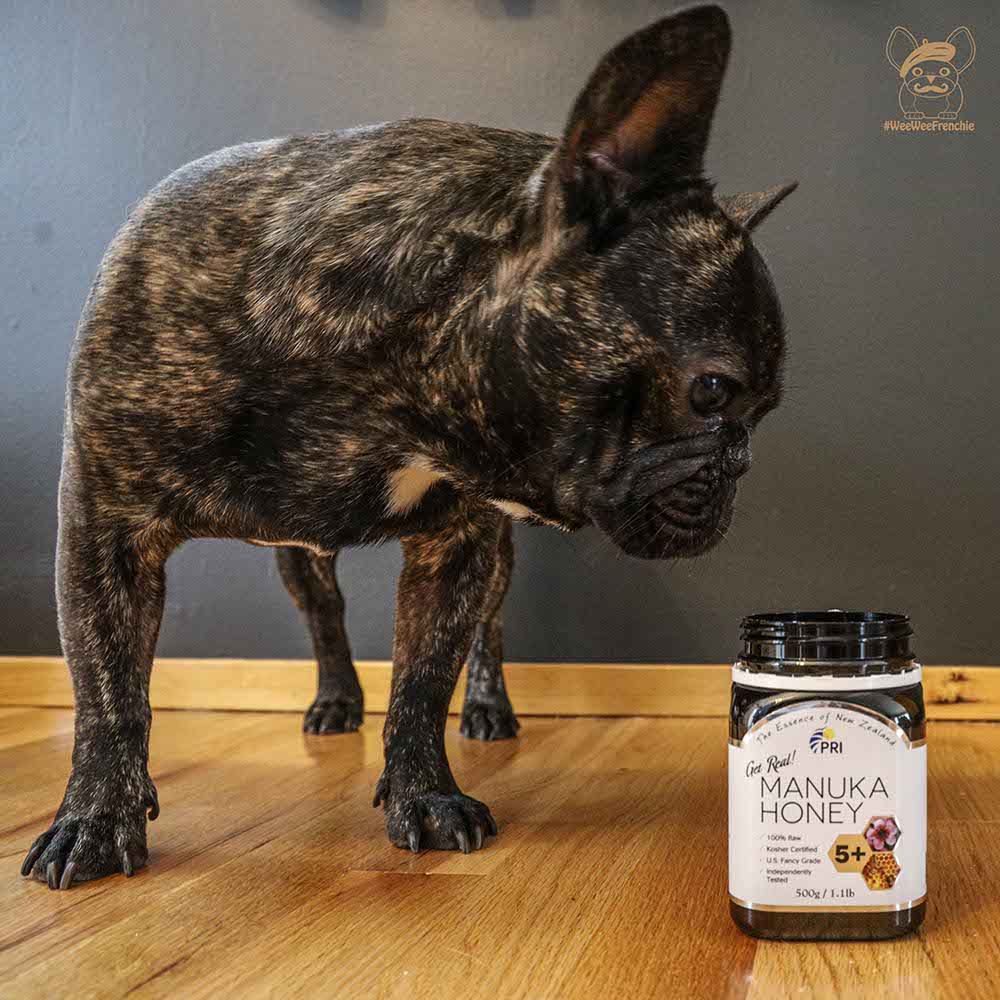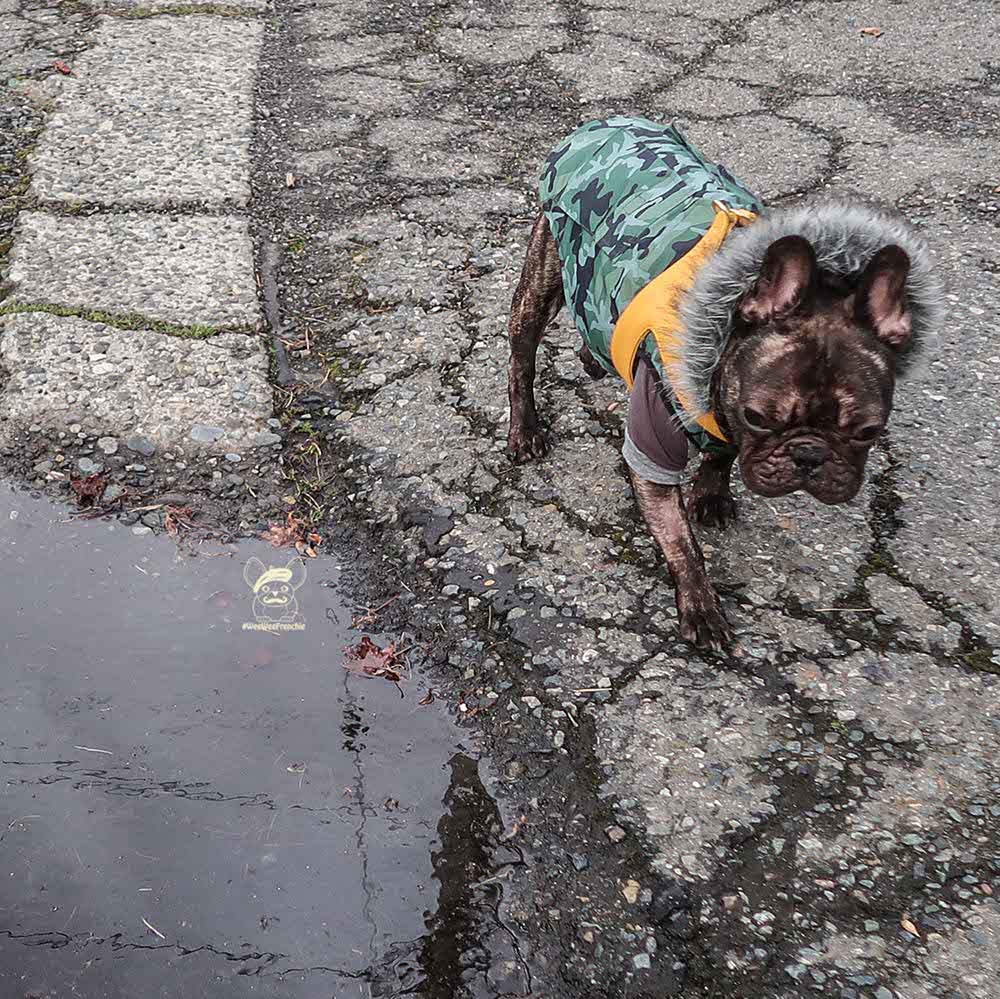IBS in Dogs
Does abdominal pain, gas, nausea, bloating, and diarrhea have your dog feeling down? It could be IBS.

Irritable bowel syndrome (IBS) is a chronic inflammation of the intestines. Pain and inflammation can cause a lot of discomfort in your dog.
IBS can be overlooked as a diagnosis since it’s most common symptoms are diarrhea and vomiting. Many acute infections and chronic illnesses can also have the same symptoms. This is why having a detailed evaluation by your vet is needed before a diagnosis can be made.
Symptoms of IBS include:

- Nausea/vomiting
- Diarrhea
- Mucus in stool
- Belly pain causing your dog to sit/lie in different positions
- Not interested in food
- Weight loss
- Constipation
- Bloating
Causes
IBS flares can be due to many factors and leads to inflammation of the digestive tract.
Stress and anxiety are the most likely factors to trigger IBS. Stress reduction in the household will be needed if it is the culprit.
Food allergens can also be the trigger to causing an IBS flare. Food trials or having a food allergy test performed on your animal can help prevent IBS relapses.
Diagnosis
Vet evaluation is needed to diagnose IBS in your dog. Reviewing medical history and completing a physical examination will help rule out other possible health issues. More advanced testing, like an endoscopy, can determine if IBS or another disease.
Treatment
If food allergens are to blame for IBS, a food allergy test can be very helpful. Removal of the offending ingredients helps to reduce inflammation in the digestive tract. To read more about food allergies and food allergy testing, click here.
Medications are used to control the symptoms and to reduce IBS flares. Irritation can be reduced by using drugs that enhance movement of the food through the body. Steroids can be used to help ease gut inflammation and reduce flares. Stomach acid reducers, help to decrease stomach upset and protect the digestive tract.

Treatment of IBS in dogs can be very manageable. Watch your dog’s behavior and determine what could be causing stress in your dog’s life. Once determined, try to cut known stressors. Medications can help to ease gastrointestinal discomfort and reduce IBS flares. Eliminating food allergens can ease tension on the digestive tract.
If you suspect your dog has IBS, please see your vet for a medical evaluation.
This blog is for informational purposes only. The information given should not be used as a substitute for veterinary evaluation.




